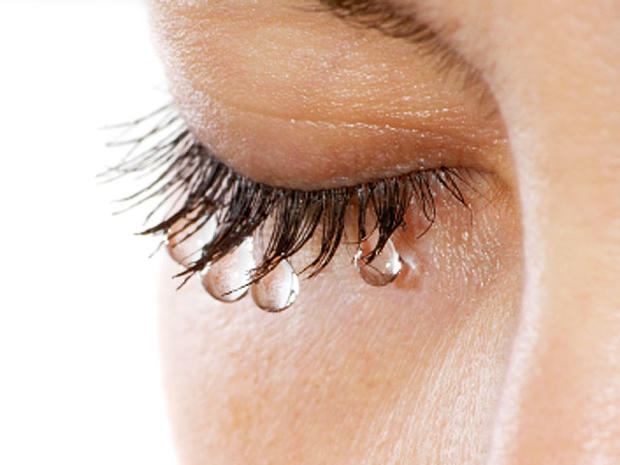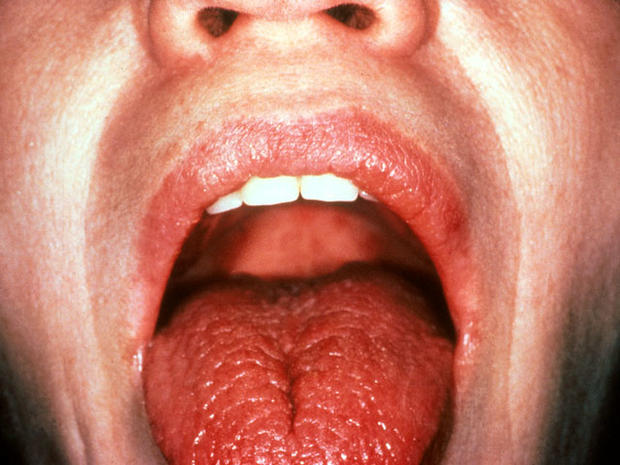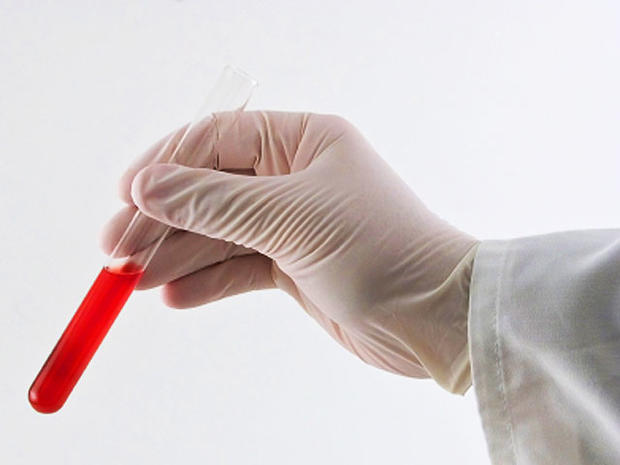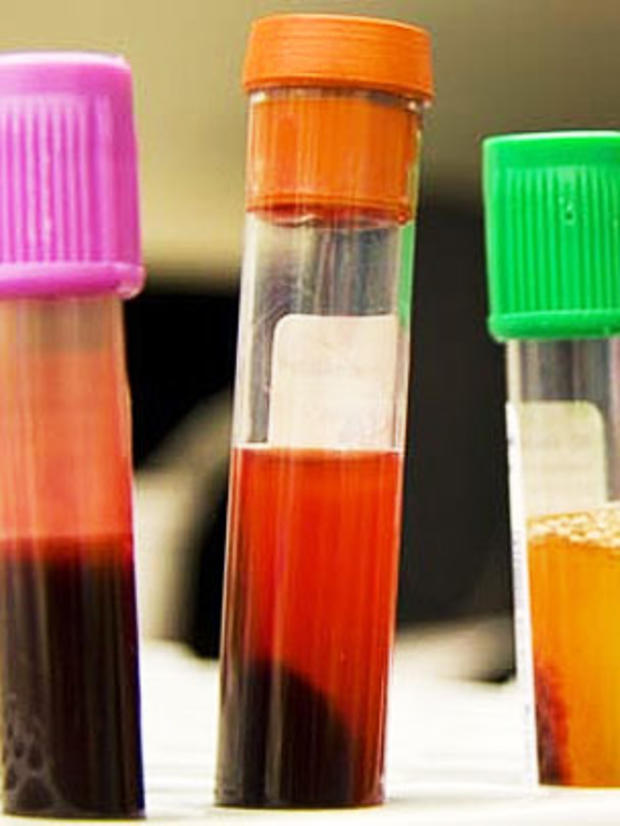Venus Williams has Sjogren's Syndrome: What is it?
What's Sjogren's Syndrome? That's a question tennis fans want to know now that Venus Williams says she has been diagnosed with the autoimmune disease (whose name is pronounced SHOW-grens). Keep clicking to find out all about what she and the estimated 1.3 million people who have Sjogren's are facing...
What is Sjogren's Syndrome?
It's a chronic autoimmune disease in which the white blood cells attack the glands that produce tears and saliva. Nine out of 10 people who have Sjogren's are women, according to the Sjogren's Syndrome Foundation. The disease affects all races and people of all ages but is rare in children. Most Sjogren's patients are diagnosed after the age of 40.
What are the symptoms?
Dry eyes and mouth are the main symptoms. But symptoms vary from person to person and can include fatigue, dry skin, rashes, dry cough, joint and muscle pain, vaginal dryness, numbness and tingling in the arms and legs, and thyroid problems.
How serious is Sjogren's?
Though incurable, Sjogren's is generally not fatal as long as it is properly diagnosed and complications are treated promptly. People with Sjogren's face an increase risk of lymphoma, a potentially deadly cancer.
How is Sjogren's diagnosed?
Doctors perform blood tests, along with a physical exam and a medical history. In addition, eye and mouth tests, a urine test, and a chest x-ray are often performed.
Because Sjogren's symptoms are so variable - and because they are similar to the symptoms of arthritis, multiple sclerosis, and other conditions - Sjogren's often goes undiagnosed. The average patient goes more than six years after symptoms show up before getting diagnosed, according to the Sjogren's Syndrome Foundation.
How is Sjogren's treated?
Treatment depends on which parts of the body are affected and is different for each person. Common treatments include artificial tears and eye ointments that help relieve dry eyes. In some cases, surgery is performed to close the tear ducts that drain tears from the eyes.
For dry mouth, common treatments include sipping water, chewing gum or sucking on sugar-free hard candy, or using a saliva substitute. A variety of drugs are used, including aspirin and ibuprofen to relieve pain, corticosteroids to alleviate inflammation, and medicines that boost production of saliva.
What causes Sjogren's?
Doctors don't know the precise causes but think it has a hereditary basis. In addition, they suspect it is triggered by exposure to some pathogen, like a virus or bacterium.
What kind of doctor treats Sjogren's?
Rheumatologists are best equipped to manage symptoms of Sjogren's, though patients are also treated by eye doctors, dentists, and other specialists depending on symptoms.







